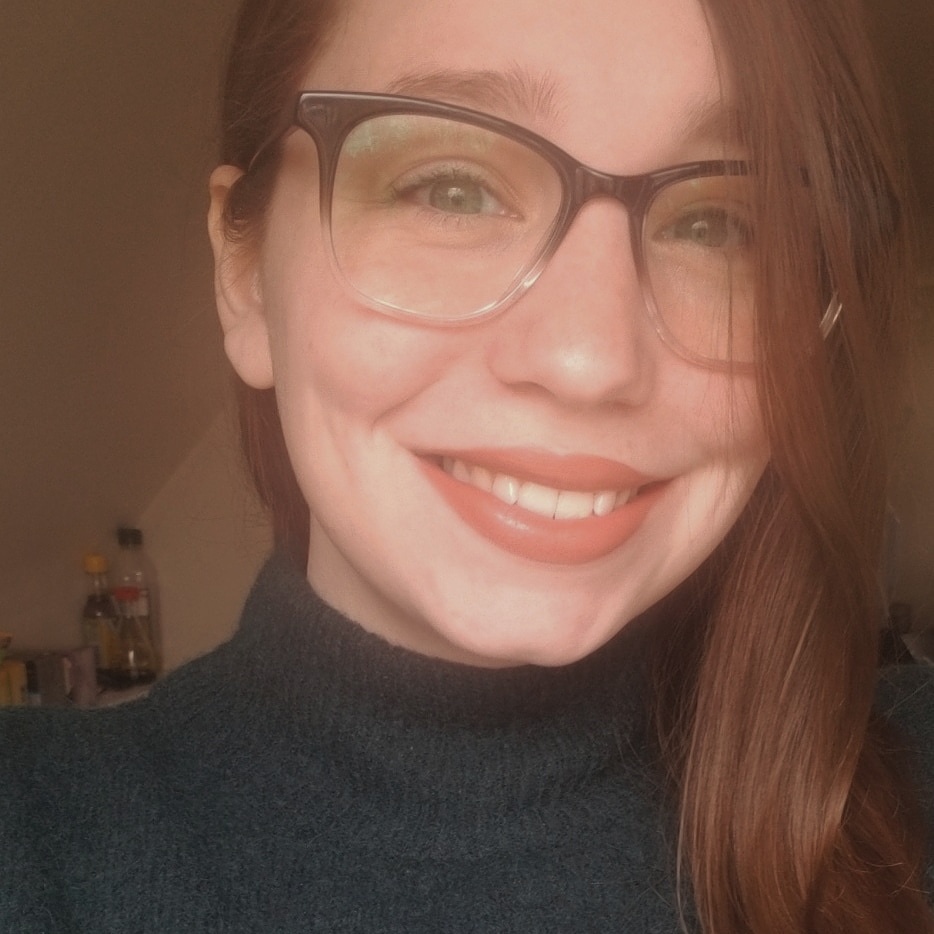
Hi! I'm Meg!
I am a Postdoctoral Research Scholar at the Insitute of Astrophysics, Foundation for Research and Technology - Hellas (IA - FORTH; Heraklion, Crete, Greece) and a Research Scientist at
the University of Connecticut (UConn). I got my undergraduate degree from Michigan State, where I was also a
post-baccalaureate researcher for a year. I earned my MSc from UConn in 2022 and my PhD in 2025, during that time I was an NSF Graduate Research Fellow.
My thesis is entitled "Timing is Everything: Single and Binary Quasars in Massive Time-Domain Surveys". You can see my CV here.
After defending my thesis, I took a short break from academia to try out industry as a
Machine Learning Engineer. While I learned at lot about machine learning methods, I was quite excited to return to my research on the photometric search for binary supermassive black holes.
My astrophysical research interests are: massive time-domain surveys, galactic chemical
evolution, supermassive black hole binaries, and quasar variability. I especially enjoy researching
hypervariable targets: the weirder/more variable, the better! My general research interests revolve around creating
cutting-edge, computationally in-expensive data analysis techniques and pipelines, from Fourier analysis to Machine Learning algorithms.
I'm passionate about science communication, mentorship, and open-source software development.
My personal interests include stained
glass art, astrophotography, and reading (I review books for publishers!).
I would like to see all of the wonders of the world before 35 (2/7 done!) and visit 30 countries before 30 (18 down!).
I'm happy to be here, to share my story, and to support students in STEM!
I'm also passionate about social justice, fighting for equity, and using the privilege I have as a white person
to support under-represented and under-resourced students in the field of astronomy. This means the creation of
resources, mentorship programs, and research and funding opportunities for these students while also addressing
the systemic issues that they face both in academia and in society. It also entails being a visible, available
mentor to the next generation of astrophysicists in both research and career aspects.